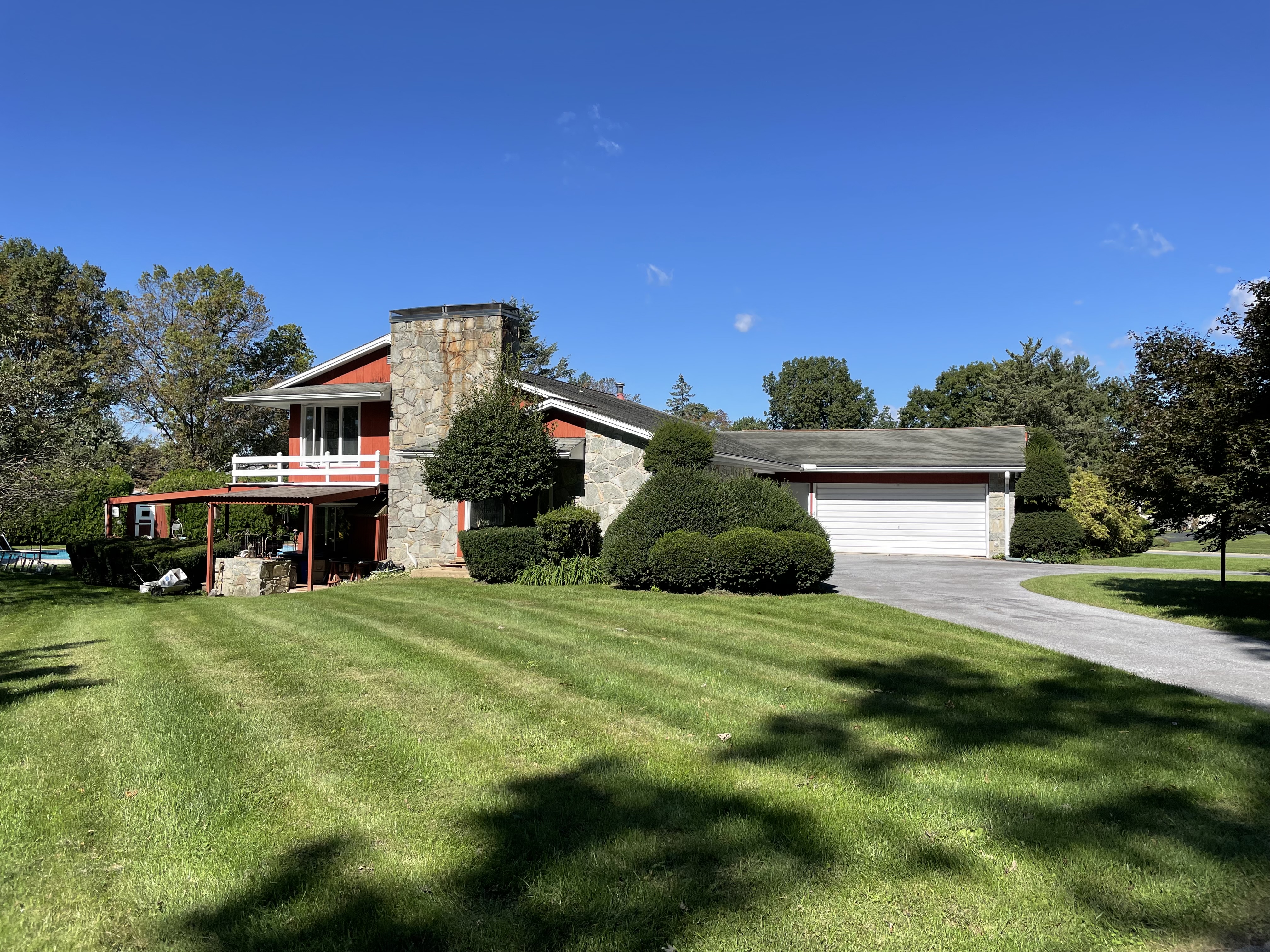 What Is an Appraisal?Purchasing a home is the most significant transaction most of us might ever consider. Whether it's where you raise your family, a second vacation home or one of many rentals, purchasing real property is a detailed transaction that requires multiple parties to see it through. Most of the parties participating are quite familiar. The real estate agent is the most recognizable person in the transaction. Next, the mortgage company provides the money required to bankroll the deal. The title company makes sure that all areas of the transaction are completed and that a clear title transfers to the buyer from the seller. So, what party makes sure the real estate is worth the amount being paid? This is where the appraiser comes in. We provide an unbiased opinion of what a buyer might expect to pay — or a seller receive — for a property, where both buyer and seller are informed parties. An appraisal completed by Marie C. Wentling, MA Certified Residential Real Estate Appraiser will ensure, you as an interested party, are informed. Appraisals begin with an inspectionTo determine an accurate status of the property, it's our responsibility to first complete a thorough inspection. We must physically see aspects of the property, such as the number of bedrooms and bathrooms, the location, amenities, etc., to ensure they truly exist and are in the condition a reasonable person would expect them to be. The inspection often includes measuring the home, ensuring the square footage is accurate and determining the layout of the property, interior room flow, and exterior features. Most importantly, we look for any obvious amenities - or defects - that would have an impact on the value of the property. After the inspection, we use two or three approaches to determining the value of the real property: a paired sales analysis, a replacement cost calculation, and an income approach when rental properties are prevalent. 
Replacement CostHere, the appraiser pulls information on local building costs, the cost of labor and other elements to determine how much it would cost to construct a property similar to the one being appraised. This estimate usually sets the upper limit on what a property would sell for. It's also the least used predictor of value due to subjectivity of depreciation estimation. 
Paired Sales AnalysisAppraisers can tell you a lot about the neighborhoods in which they work. They innately understand the value of particular features to the residents of that area. After the inspection, the appraiser researches recent sales in close proximity to the subject and finds properties which are 'comparable' to the home being appraised. By assigning a dollar value to certain items such as fireplaces, room layout, appliance upgrades, extra bathrooms or bedrooms, or quality of construction, we adjust the comparable properties so that they are more accurately in line with the features of subject.
A true estimate of what the subject could sell for can only be determined once all differences between the comparable sales and the subject have been evaluated. The sales comparison approach to value is most often awarded the most consideration when an appraisal is for a home exchange. Valuation Using the Income ApproachA third way of valuing a property is sometimes used when a neighborhood has a measurable number of rental properties. In this case, the amount of revenue the real estate generates is factored in with income produced by nearby properties to determine the current value. Putting It All TogetherCombining information from all applicable approaches, the appraiser is then ready to state an estimated market value for the property at hand. Note: While the appraised value is probably the strongest indication of what a property is worth, it may not be the price at which the property closes. There are always mitigating factors such as seller motivation, urgency or 'bidding wars' that may adjust the final price up or down. Regardless, the appraised value is typically used as a guideline for lenders when determining mortgage approvals. An appraiser from Marie C. Wentling, MA Certified Residential Real Estate Appraiser will help you attain the most accurate property value, so you can make wise real estate decisions. |